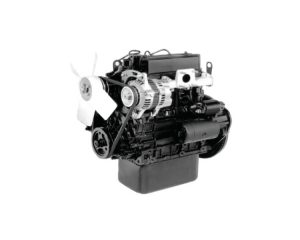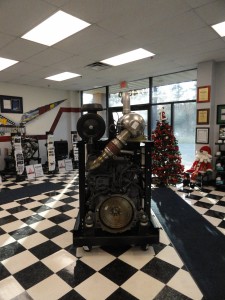Diesel Emissions Reduction Act Helps Improve Air Quality
Leave a CommentFor heavy duty vehicles, diesel engines are the best choice due to their durability and efficiency. In past blogs we’ve looked at the steps that have been taken to make diesel engines more environmentally friendly with the shift to clean diesel engines. This resulted in standards which were designed to cut the allowable levels of sulfur in diesel fuel by 97%. To continue the shift to clean diesel engines, recently the Diesel Emissions Reduction Act (DERA) was passed.

Diesel Emissions Reduction Act
The Diesel Emissions Reduction Act was created by the U.S. Environmental Protection Agency to allow for significant air quality improvements. Most recently it was announced that the EPA would be awarding $7.7 million to replace or retrofit 401 older diesel school busses under 27 states under DERA. The goal of this is to finance the replacement of older diesel buses with newer and more efficient technology.
DERA has been vital over the years to make sure old, harmful to the environment diesel engines are replaced and upgraded to environmentally friendly engines. According to a 2016 EPA report, more than 73,000 older diesel powered engines were upgraded or replaced between 2008 and 2013. The school bus rebate program made up a large number of these replacements, as school districts are able to obtain funds to upgrade their diesel engine powered school bus fleet. With the advancement in technology available, it is important for the environment to replace old diesel engines, with the new available clean tech diesel engines.
Here at Central Diesel Inc. we are a distributor of clean tech diesel engines that are used for numerous applications and industries including the marine, construction, mining, transportation, and agriculture industries. With a growing inventory of diesel engines from brands such as Deutz, Mitsubishi, Kubota, and Zenith Power Products among many others, we can meet all your clean diesel engine replacement needs. For more information on how we can assist please contact us.






